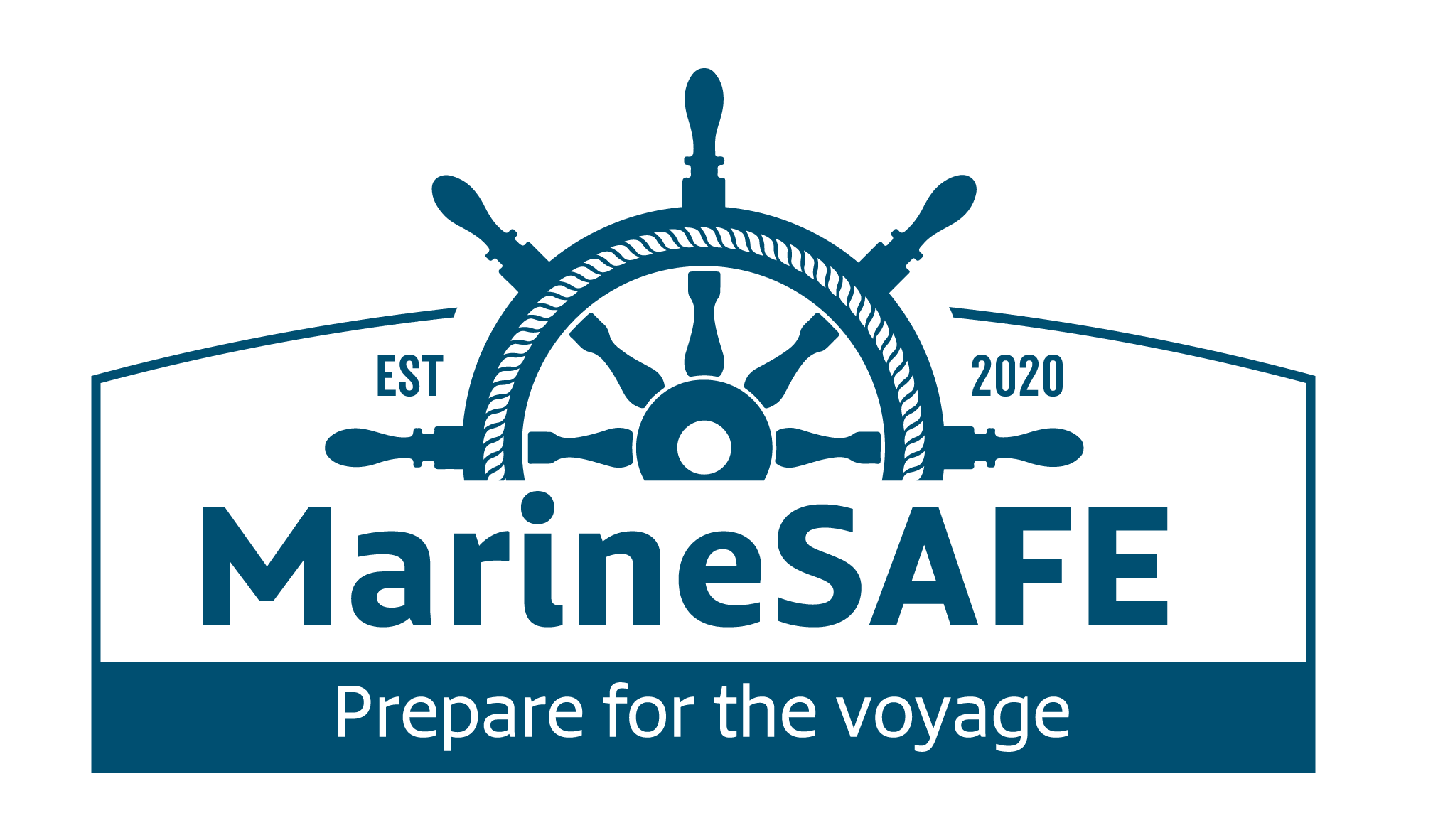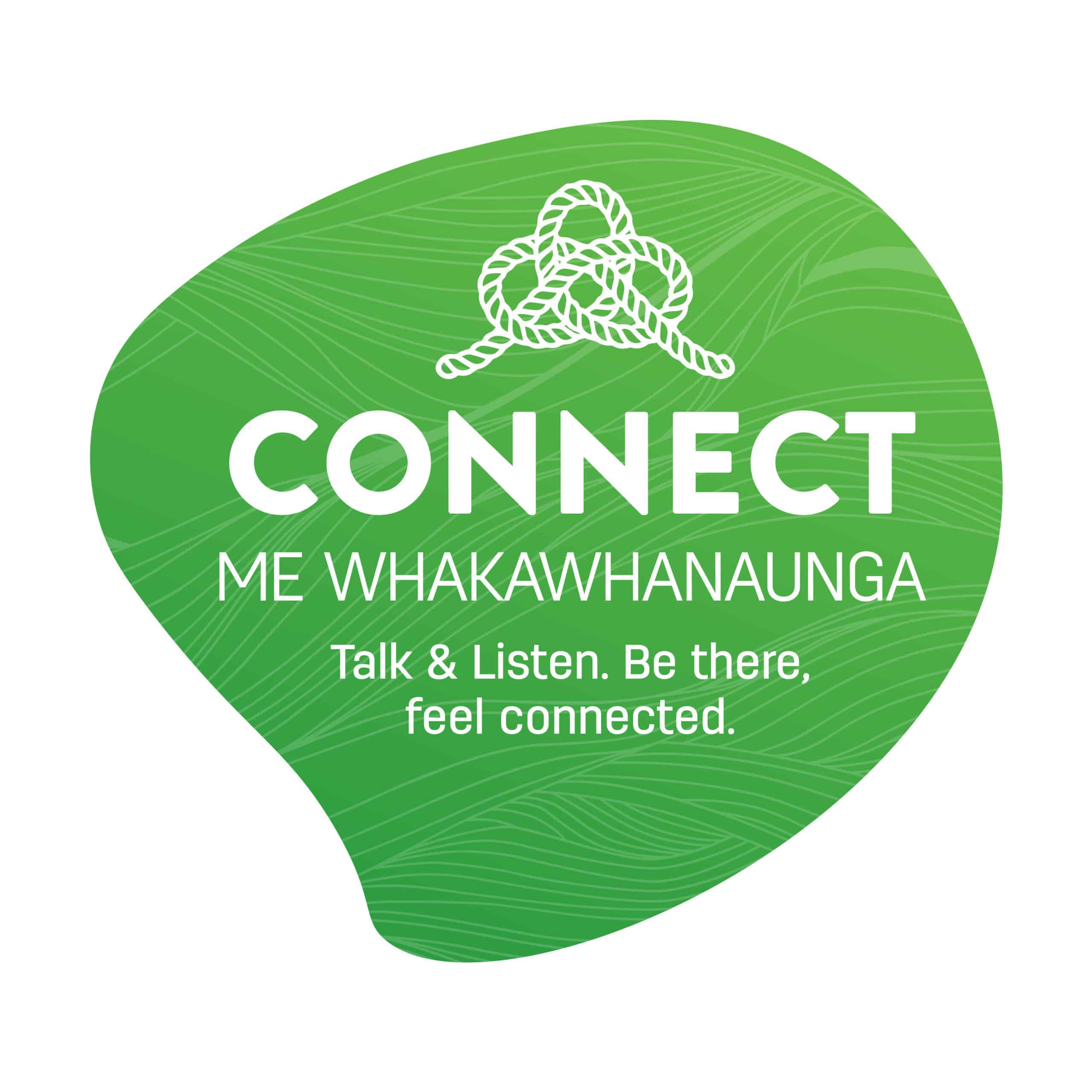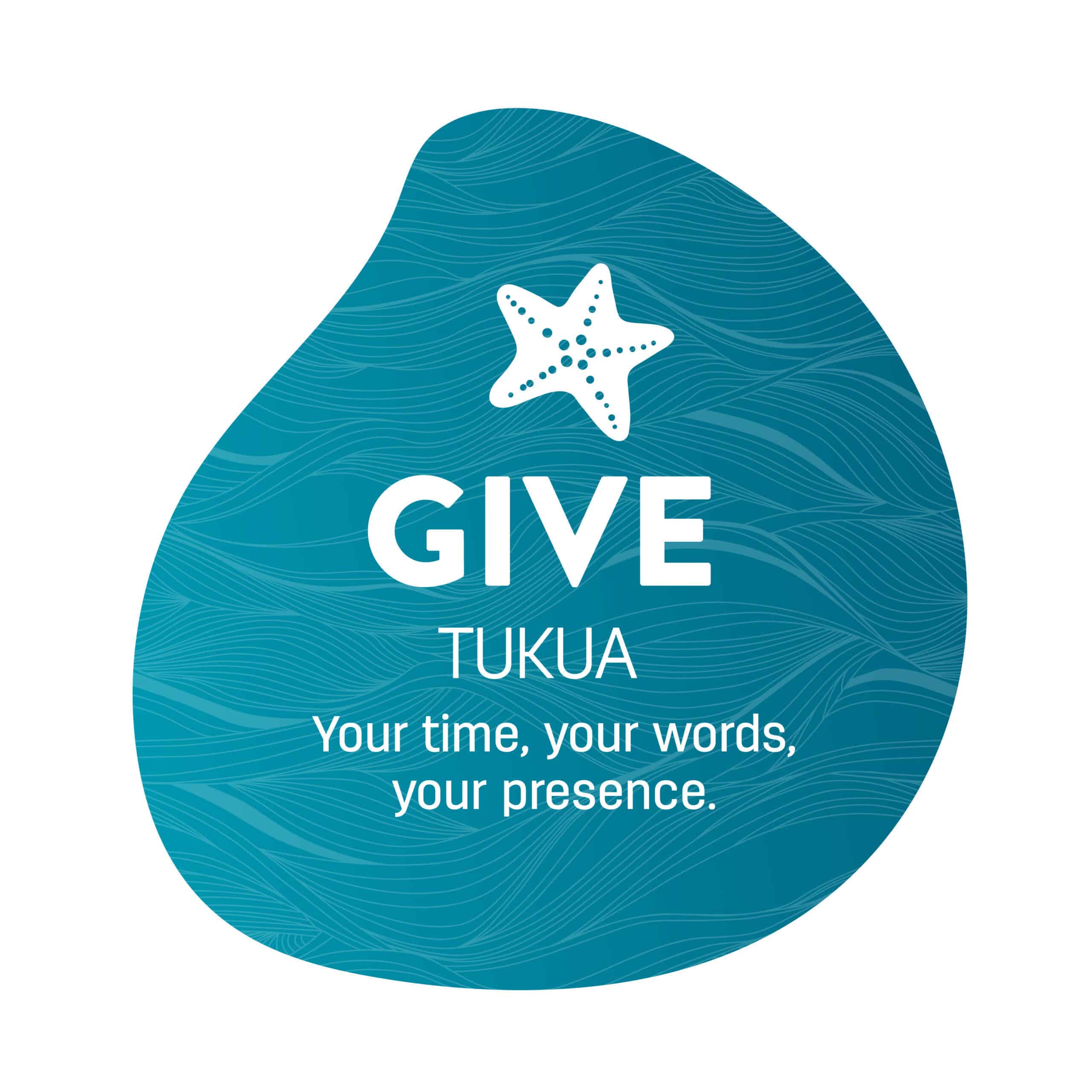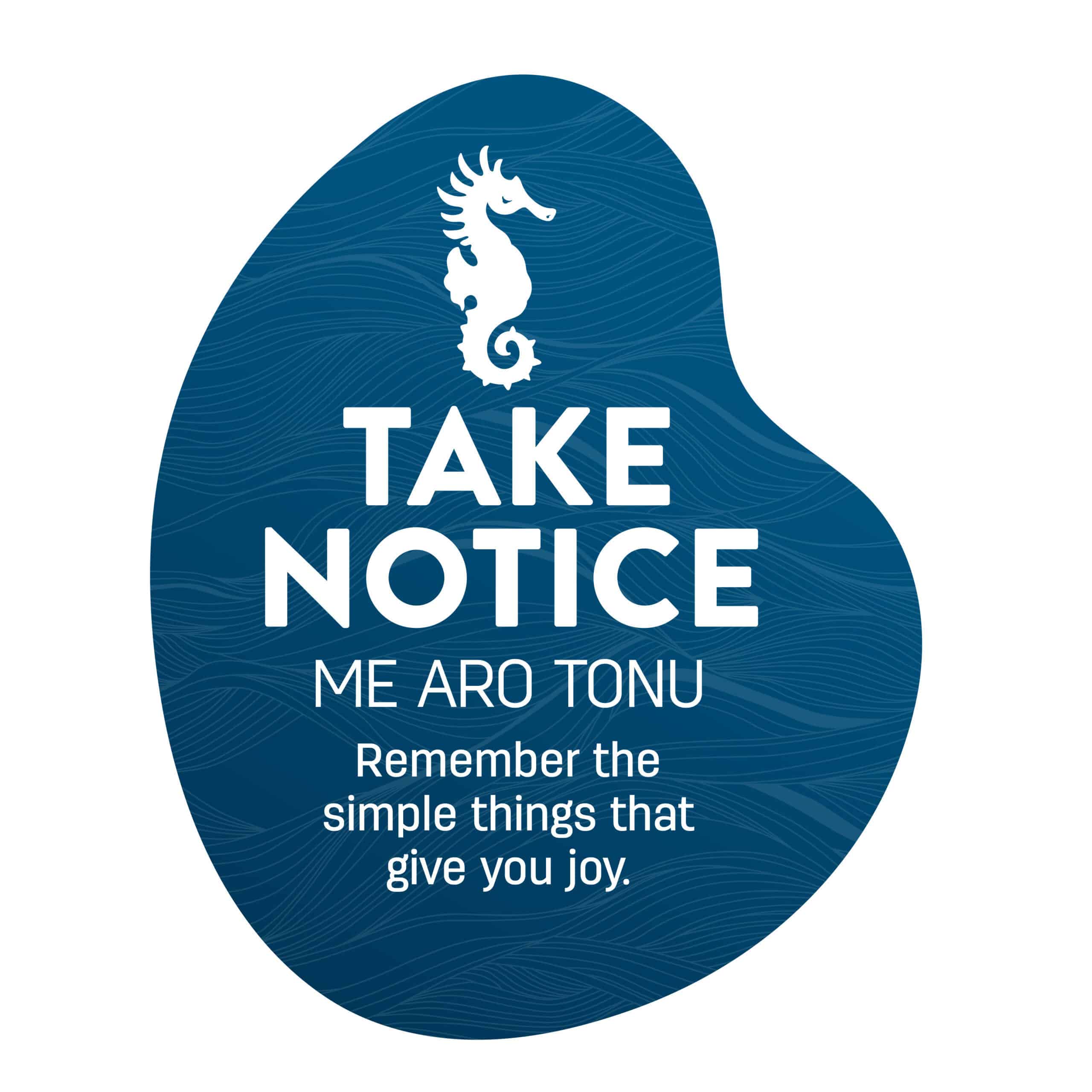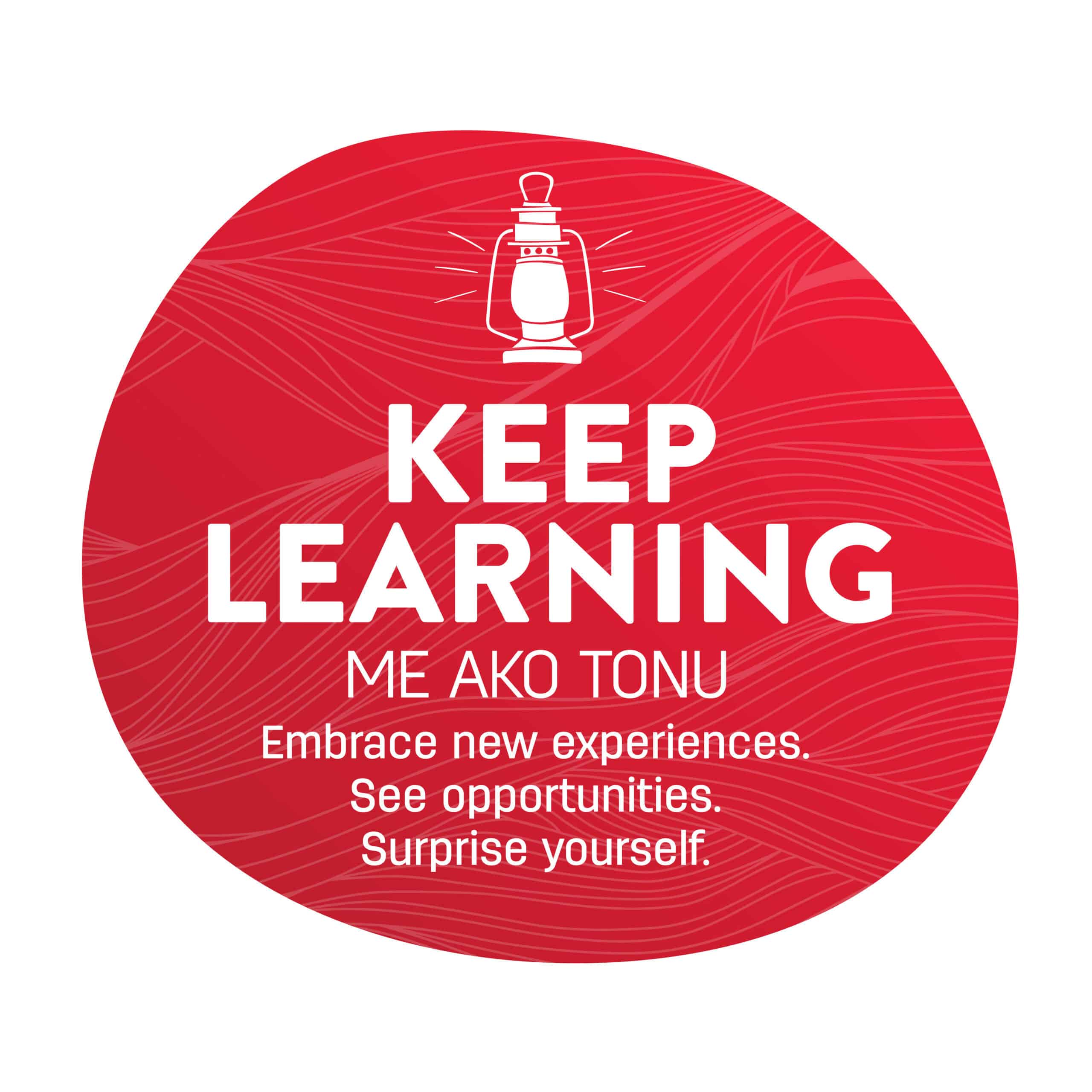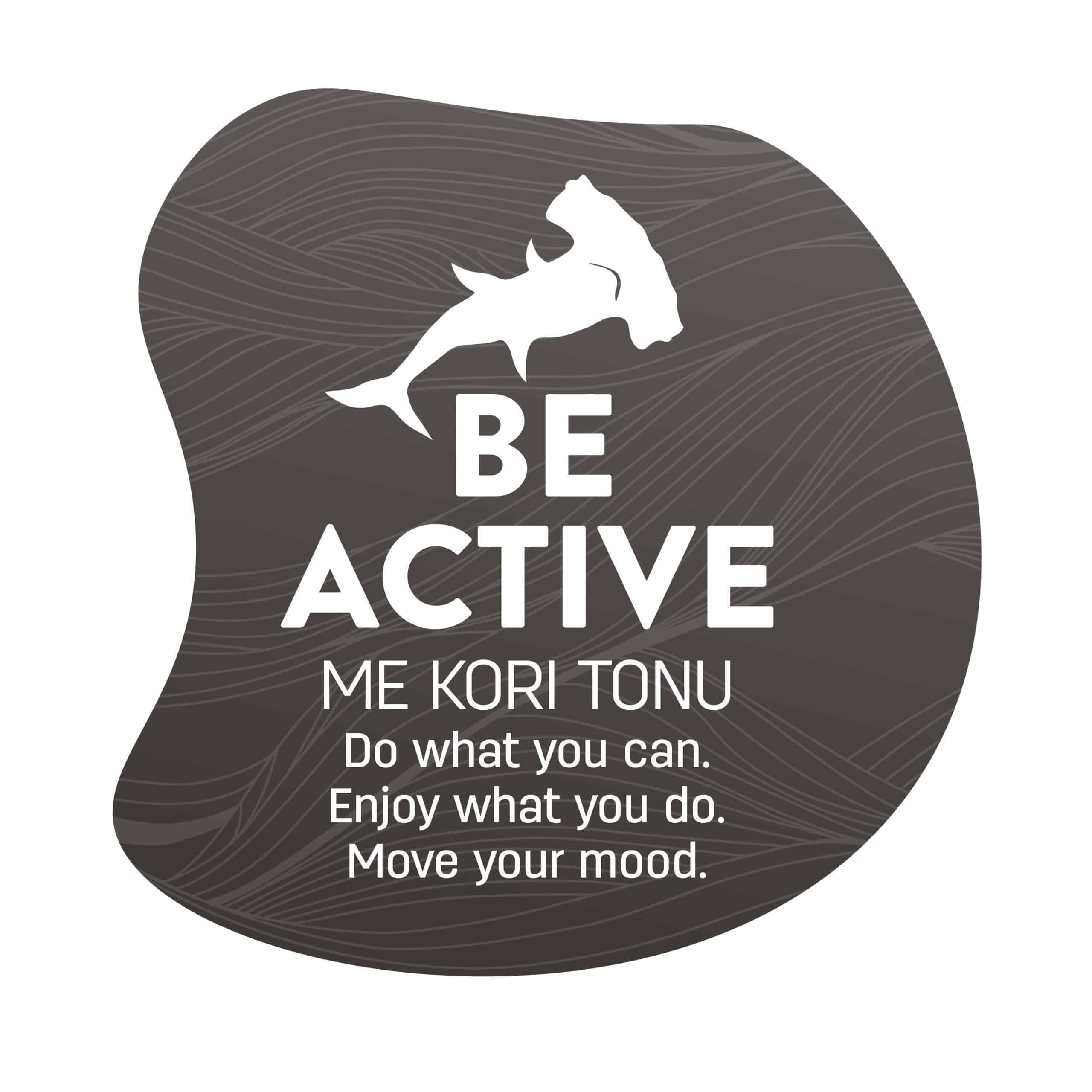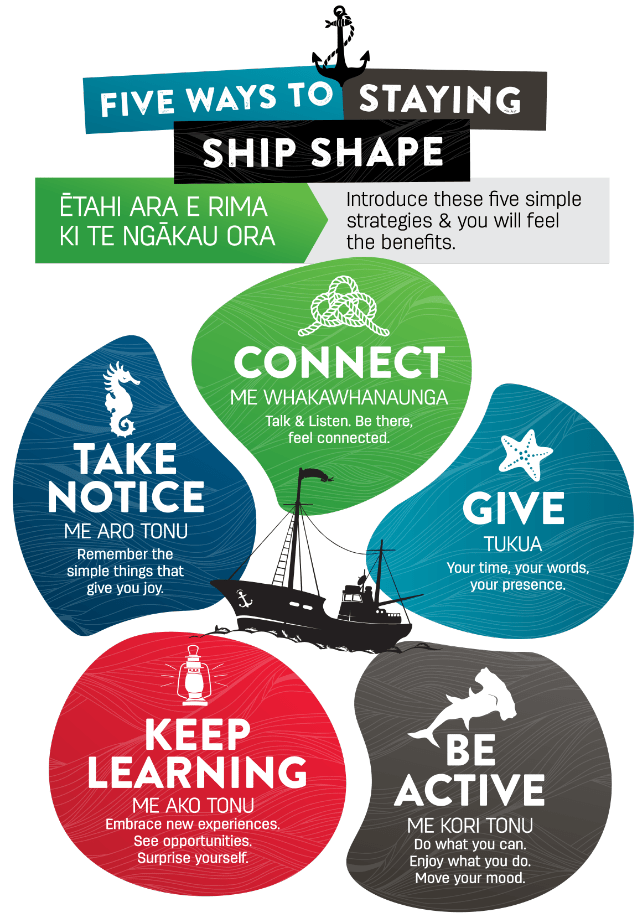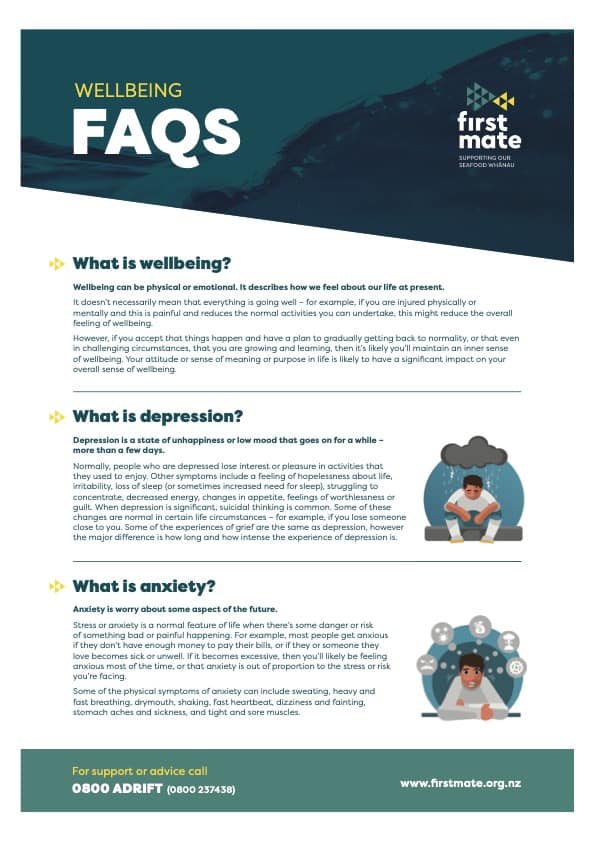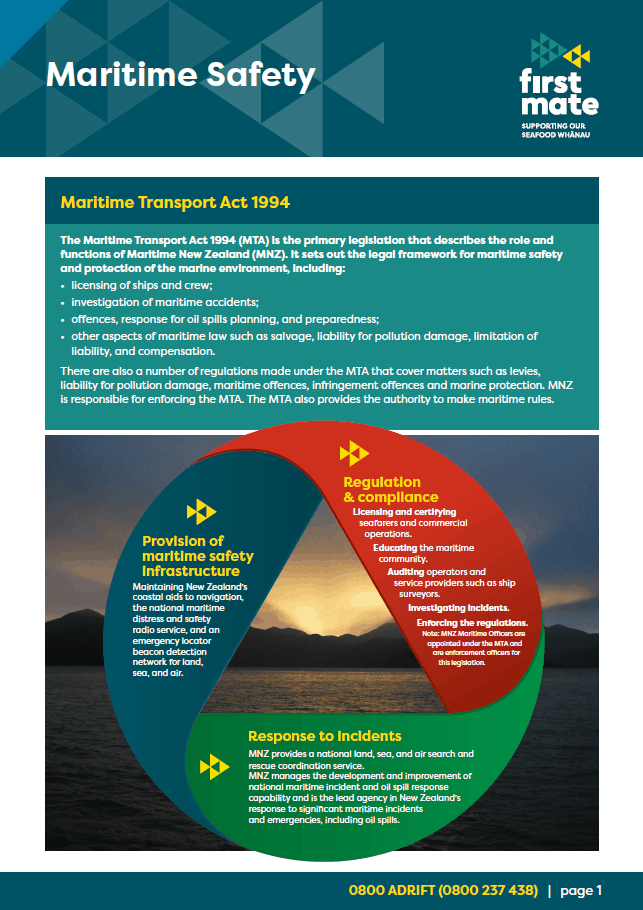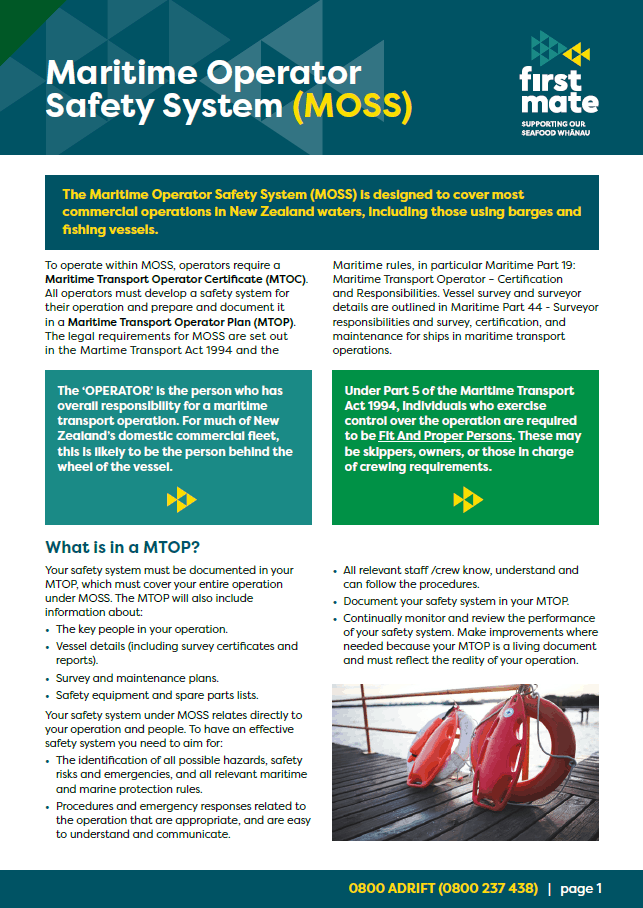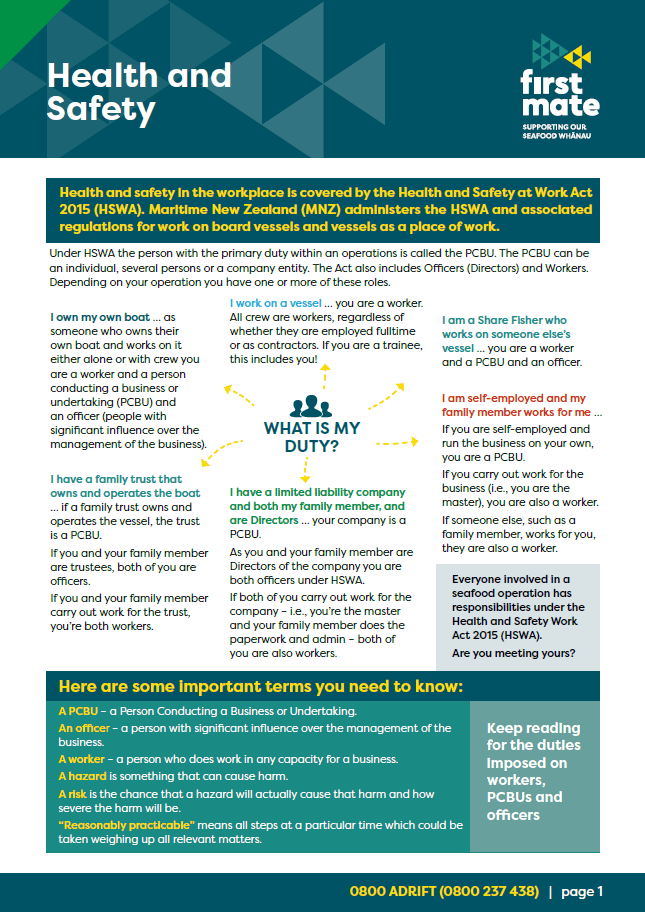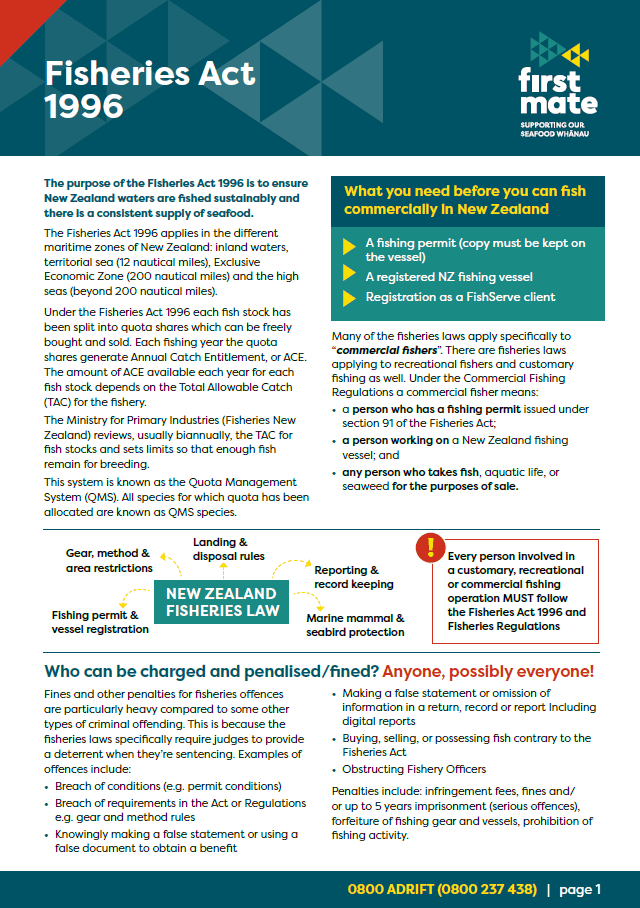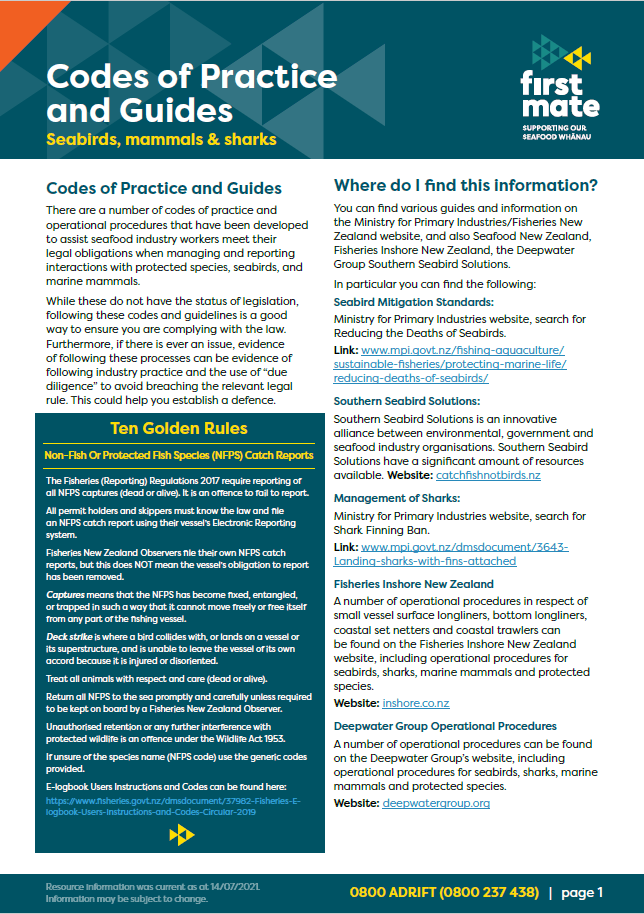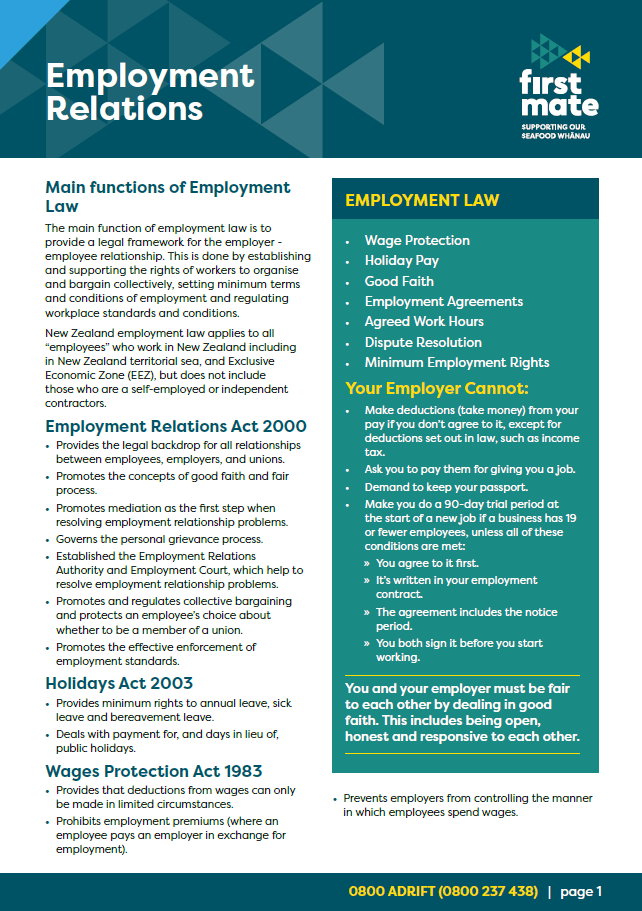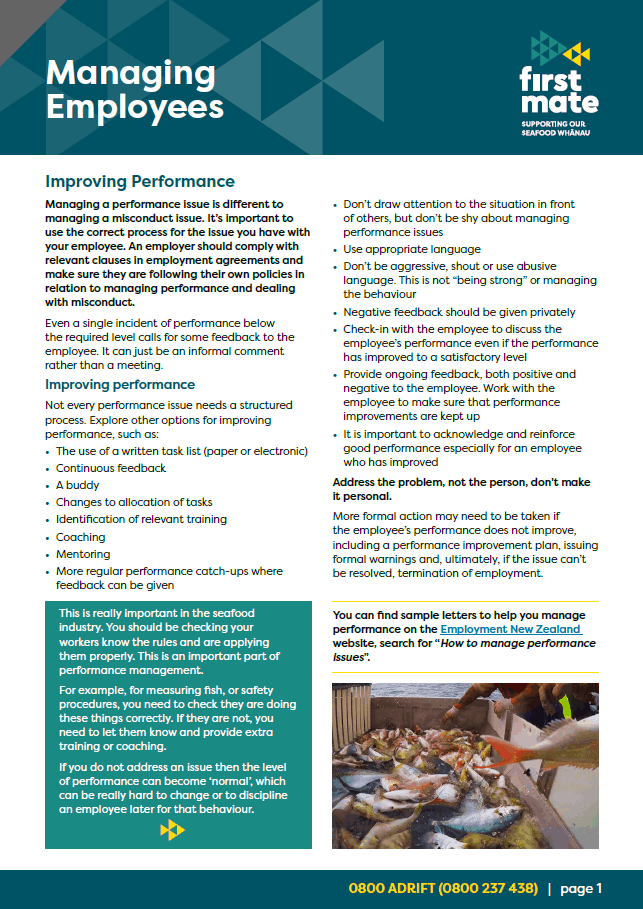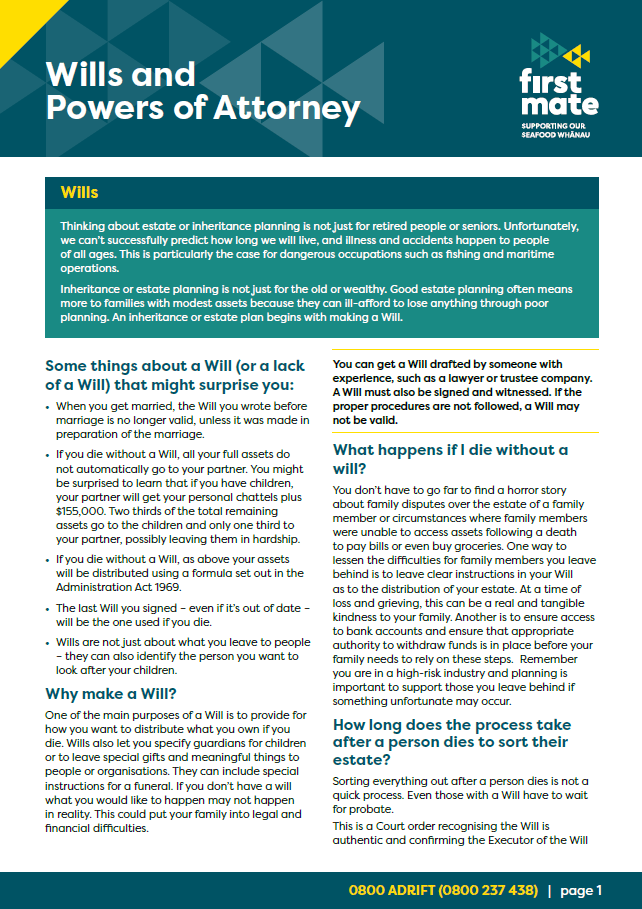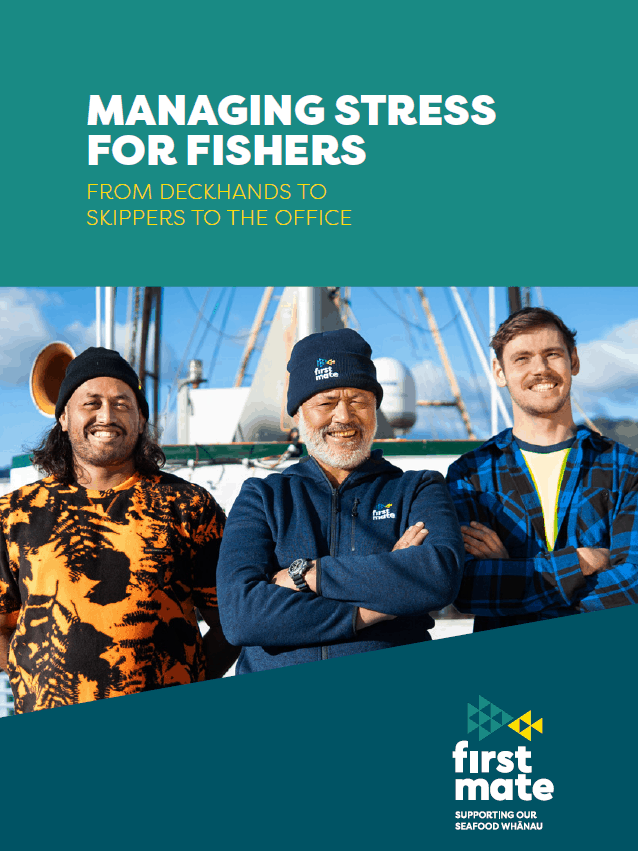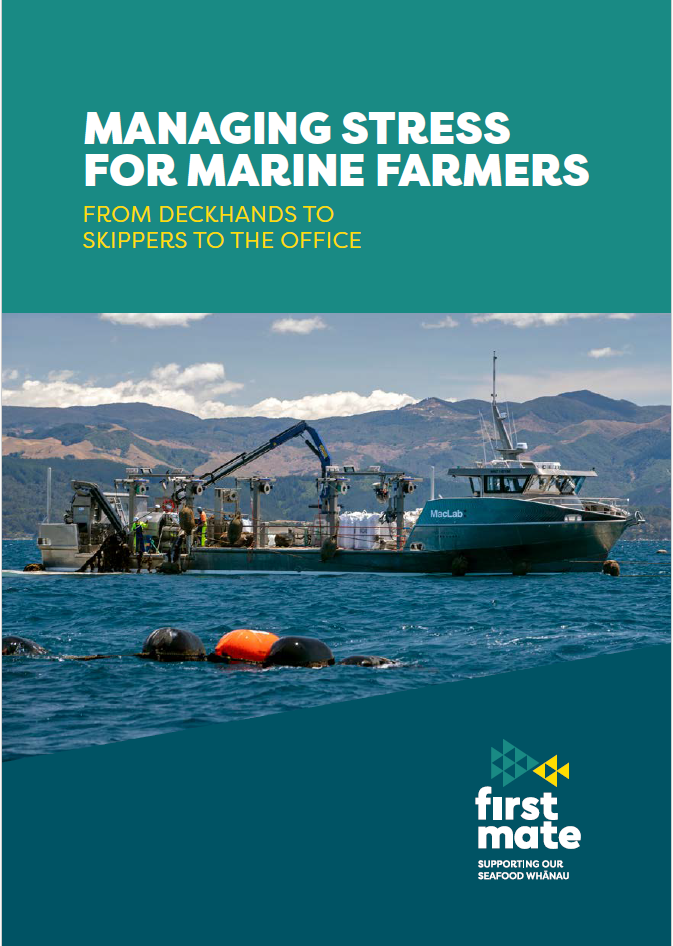Staying Ship Shape
Write your awesome label here.
Let's talk about mental health
The numbers
Seafood Sector Wellbeing Videos
Write your awesome label here.
As seafood champions many things matter to us. But don't forget you matter too.
Success is far more than just being wealthy. It's about balance across all parts of your life.
Write your awesome label here.
Write your awesome label here.
This training module will help you to understand what mental health and wellbeing is, how to recognise signs and symptoms and how to manage them onboard and at home. This module consists of a video, short quiz and certification on completion.
This training module will help you to understand the risks associated with excessive drug and alcohol consumption, signs and symptoms of use, and where to get help for yourself or others. This module consists of a video, short quiz and certificate on completion.
Write your awesome label here.
Write your awesome label here.
A strong crew and good leadership are essential because working at sea remains one of the most challenging jobs in the world. This video covers the collaborative approach needed to ensure the well-being of your team.
At sea tensions and frustrations can escalate quickly due to the harsh environment and cramped working conditions. This video will provide skippers and crew with guidance on how best to manage conflict and anger to ensure the wellbeing of their team.
Write your awesome label here.
Write your awesome label here.
Marine farmer, Simon talks about the marine farming industry, his business, his challenges and how he stays Ship Shape.
Listen to an aquaculture family describe how they support each other through difficult times.
Write your awesome label here.
The Five Ways to Staying Ship Shape
Welcome to the Seafood Sector Support Pack
FirstMate New Zealand
Need Wellbeing Support Now?
If this is an emergency call 111
If anyone is in immediate physical danger
Or go to your nearest Emergency Dept.
Phone your local DHB Mental Health Crisis Team (CATT Team)
Select your region using the sliders below or ring Healthline 0800 611 116
If you need to talk to someone else:
Free call or text 1737 for support from a trained counsellor
Remember to ask your whānau, crew and work colleagues “Are you Ship Shape Mate?”
